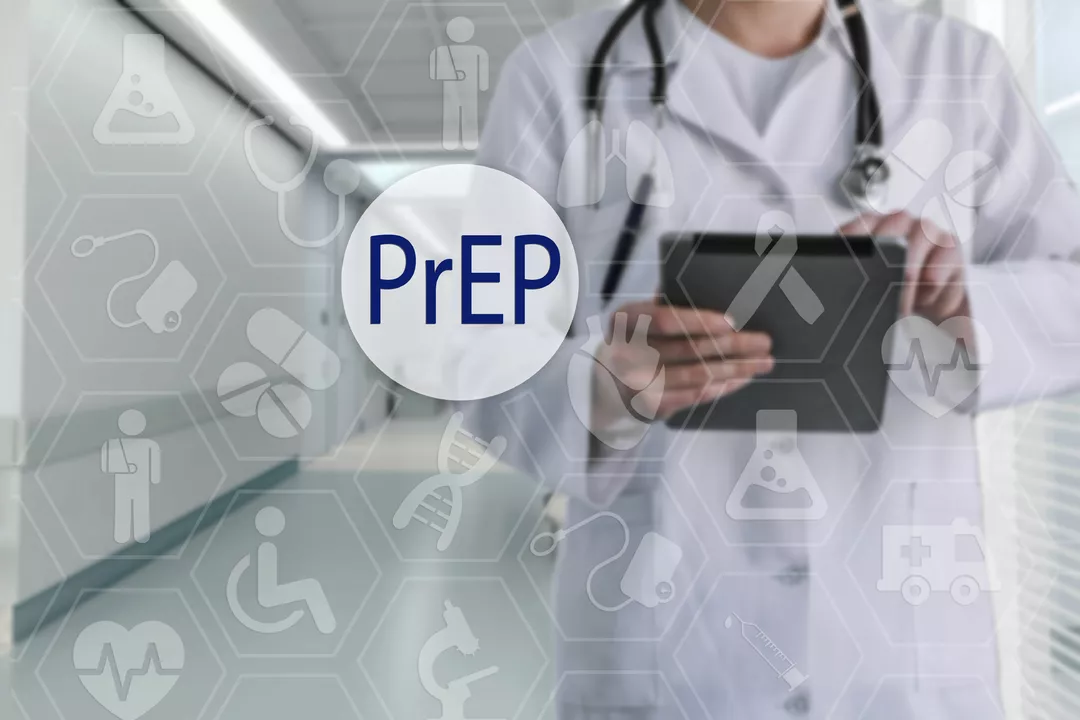Understanding Infection Risk and How to Keep It Low
Infections can catch anyone off guard, but knowing how they spread and what raises your risk helps you take smart steps to stay well. Infection risk basically means the chance that harmful germs like bacteria, viruses, or fungi will get into your body and cause illness.
One of the most common ways infections spread is through touch—like shaking hands or touching surfaces where germs live. Coughs, sneezes, and close contact with someone who’s sick also make it easier for infections to jump from one person to another. That’s why regular handwashing and avoiding crowded places when you’re feeling off are easy, effective ways to cut your risk.
Why Are Some People More At Risk?
Your immune system is your body’s defense, but things like stress, lack of sleep, poor nutrition, or certain health conditions can weaken it. That means bugs have a better chance to take hold and cause trouble. Older adults and people with chronic illnesses also often face higher infection risks.
Medications that suppress immunity, such as some used for autoimmune diseases or after organ transplants, increase vulnerability too. So, if you’re in one of these groups, be extra careful with hygiene and follow your doctor’s advice closely.
Simple Ways to Cut Down Your Infection Risk
First off, wash your hands often, especially after being in public spaces or before eating. Using alcohol-based hand sanitizer works well when soap and water aren’t handy. Wearing masks in crowded indoor areas during high-risk seasons, like flu or COVID wave periods, adds extra protection.
Keep your environment clean—regularly wipe down frequently touched surfaces like doorknobs, phone screens, and keyboards. Avoid close contact with people who are sick, and if you start feeling unwell yourself, stay home to prevent spreading anything further.
Also, stay up on recommended vaccinations. Vaccines train your immune system to fight specific infections, lowering your risk dramatically for diseases like the flu, pneumonia, or COVID-19.
By understanding how infections spread and taking simple protective steps, you can keep yourself and those around you healthier. Staying aware of infection risk isn’t about fear—it’s about being prepared and smart every day.

Immunodeficiency and the Risk of Infection during Hospital Stays
During my research on immunodeficiency, I've discovered that hospital stays can pose a significant risk of infection for patients with weakened immune systems. It's important to understand that these individuals are more susceptible to bacteria and viruses commonly found in medical facilities. Also, medical procedures can sometimes inadvertently introduce infections, further exacerbating their condition. As a result, it's crucial for healthcare professionals to take extra precautions and implement rigorous hygiene practices to minimize these risks. In conclusion, it's vital for both patients and medical staff to be aware of the risks associated with immunodeficiency during hospital stays and work together to create a safer environment.
Read More